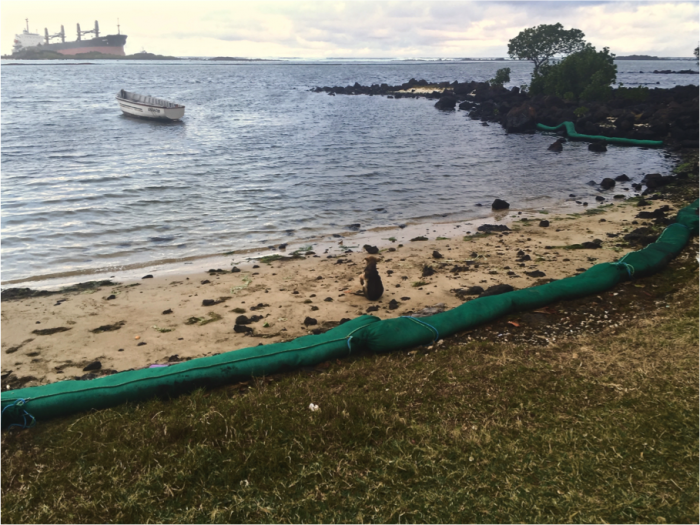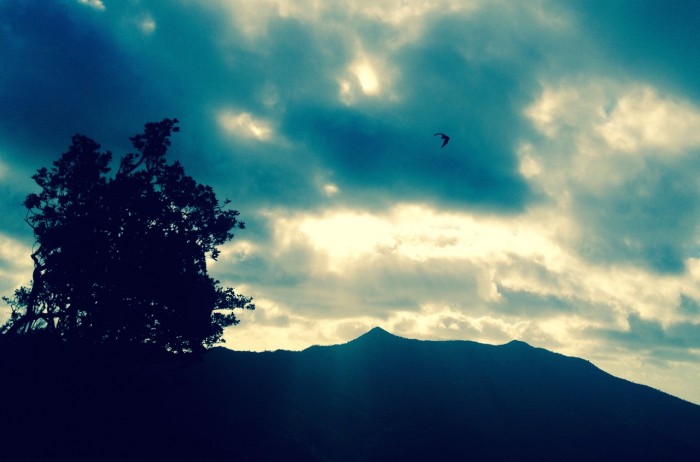“I went there. You don’t want to go, trust me. You can’t breathe. [There’s a] heavy smell of petrol in the air that can’t be good.”
In the early morning hours of 21 June 2016, disaster struck just off the shoreline of the Indian Ocean island nation of Mauritius. MV Benita, a Liberian bulk carrier en route to southern India, ran aground on a sandy atoll just shy of the village of Le Bouchon on the island’s southeast shore.[1] For a small island developing state such as Mauritius, any sort of large-scale environmental event becomes cause for alarm. The scale of ecological destruction and the fallout of MV Benita were catastrophic.
Read More “Mauritian Energyscapes: Compromise and Contestation”

